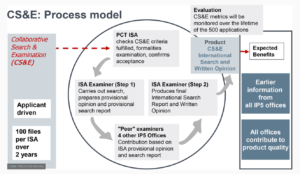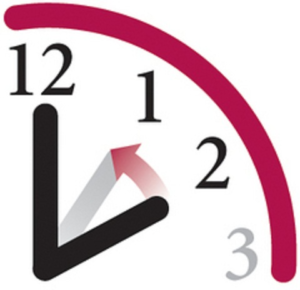(You can see the slides here.)
(Updated to include some of the topics.)
It has just now been announced that in just about 24 hours, Matthias Reischle-Park of WIPO will deliver a free-of-charge webinar entitled:
The PCT in 2019: end of the year update
I have learned informally what some of the topics will be:
- Rule changes (in force and coming next year)
- color drawings
- best ways to contact the IB without relying on fax
- collaborative search
- WIPO IP Portal
I gather it will last about an hour. My guess is that if you are a PCT enthusiast or power user, you should attend. I plan to attend.
To register for the webinar, click here.


 Update: The book is now finalized and you can see it
Update: The book is now finalized and you can see it 
 For the past week the situation for e-filing at WIPO, for most people in the US, has been that the local time to e-file so as to get a same-day filing date in Switzerland has been different from usual. (The reason for this is that a week ago, people in Switzerland turned their clocks back.) But as of today, people in the US have turned their clocks back. So things are back to normal.
For the past week the situation for e-filing at WIPO, for most people in the US, has been that the local time to e-file so as to get a same-day filing date in Switzerland has been different from usual. (The reason for this is that a week ago, people in Switzerland turned their clocks back.) But as of today, people in the US have turned their clocks back. So things are back to normal.